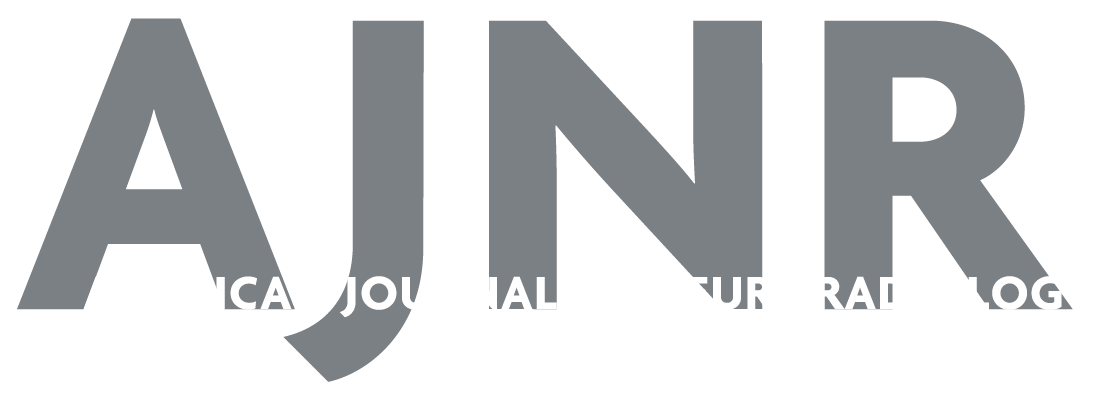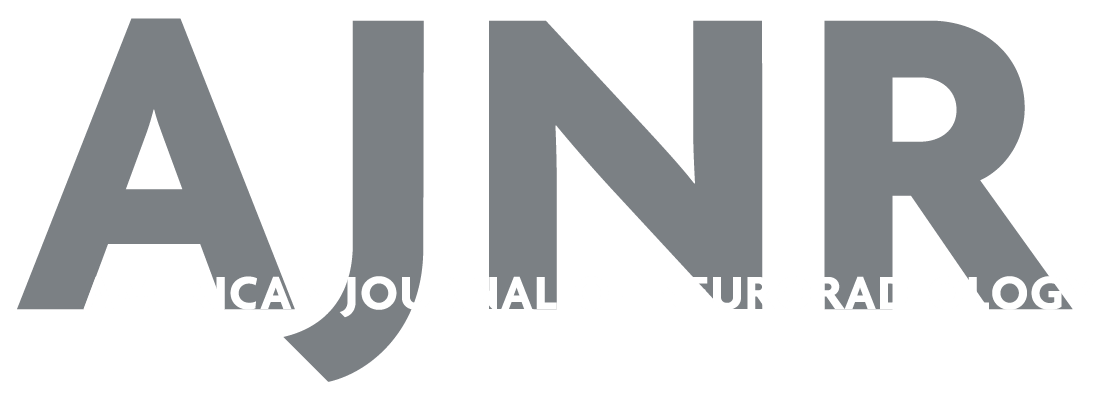Abstract
BACKGROUND AND PURPOSE: Endoluminal reconstruction with flow-diverting stents represents a widely accepted technique for the treatment of complex intracranial aneurysms. This European registry study analyzed the initial experience of 15 neurovascular centers with the Flow-Redirection Intraluminal Device (FRED) system.
MATERIALS AND METHODS: Consecutive patients with intracranial aneurysms treated with the FRED between February 2012 and March 2015 were retrospectively reviewed. Complications and adverse events, transient and permanent morbidity, mortality, and occlusion rates were evaluated.
RESULTS: During the defined study period, 579 aneurysms in 531 patients (median age, 54 years; range, 13–86 years) were treated with the FRED. Seven percent of patients were treated in the acute phase (≤3 days) of aneurysm rupture. The median aneurysm size was 7.6 mm (range, 1–36.6 mm), and the median neck size 4.5 mm (range, 1–30 mm). Angiographic follow-up of >3 months was available for 516 (89.1%) aneurysms. There was progressive occlusion witnessed with time, with complete occlusion in 18 (20%) aneurysms followed for up to 90 ± 14 days, 141 (82.5%) for 180 ± 20 days, 116 (91.3%) for 1 year ± 24 days, and 122 (95.3%) aneurysms followed for >1 year. Transient and permanent morbidity occurred in 3.2% and 0.8% of procedures, respectively. The overall mortality rate was 1.5%.
CONCLUSIONS: This retrospective study in real-world patients demonstrated the safety and efficacy of the FRED for the treatment of intracranial aneurysms. In most cases, treatment with a single FRED resulted in complete angiographic occlusion at 1 year.
ABBREVIATIONS:
- ASPIRe
- Aneurysm Study of Pipeline in an Observational Registry
- EuFRED
- European Flow-Redirection Intraluminal Device Study
- FRED
- Flow-Redirection Intraluminal Device
- PUFS
- Pipeline for Uncoilable or Failed Aneurysms Study
Footnotes
M. Killer-Oberpfalzer and N. Kocer contributed equally to this work.
Disclosures: Monika Killer-Oberpfalzer—UNRELATED: Grant: MicroVention/Terumo, Comments: research grant*; Support for Travel to Meetings for the Study or Other Purposes: MicroVention/Terumo; Travel/Accommodations/Meeting Expenses Unrelated to Activities Listed: MicroVention, Stryker, Medtronic. Naci Kocer—UNRELATED: Consultancy: MicroVention, Medtronic, Comments: consultant and proctorship agreement; Payment for Lectures Including Service on Speakers Bureaus: MicroVention, Comments: lectures on FRED. Hendrik Janssen—UNRELATED: Consultancy: MicroVention/Sequent Medical, Comments: proctor*; Travel/Accommodations/Meeting Expenses Unrelated to Activities Listed: MicroVention, Comments: travel expenses for conferences.* Markus Holtmannspötter—UNRELATED: Consultancy: Medtronic, MicroVention, Sequent Medical, Stryker, Route 92, Comments: consultancy and proctoring agreement; Payment for Lectures Including Service on Speakers Bureaus: Medtronic, MicroVention, Sequent Medical. Jan-Hendrik Buhk—UNRELATED: Consultancy: Acandis, Codman Neurovascular, Medtronic, MicroVention, Stryker. Johannes Trenkler—UNRELATED: Payment for Lectures Including Service on Speakers Bureaus: MicroVention, Comments: interventional workshops, on-line presentation; Travel/Accommodations/Meeting Expenses Unrelated to Activities Listed: MicroVention, Stryker, Medtronic.* Ansgar Berlis—UNRELATED: Consulting Fee or Honorarium: MicroVention (FRED, Phil, WEB), Comments: proctoring. Markus Möhlenbruch—UNRELATED: Board Membership: Codman Neurovascular; Consultancy: Medtronic*; Grants/Grants Pending: Balt, MicroVention*; Payment for Lectures Including Service on Speakers Bureaus: MicroVention, phenox, Stryker.* *Money paid to the institution.
- © 2018 by American Journal of Neuroradiology
Indicates open access to non-subscribers at www.ajnr.org











